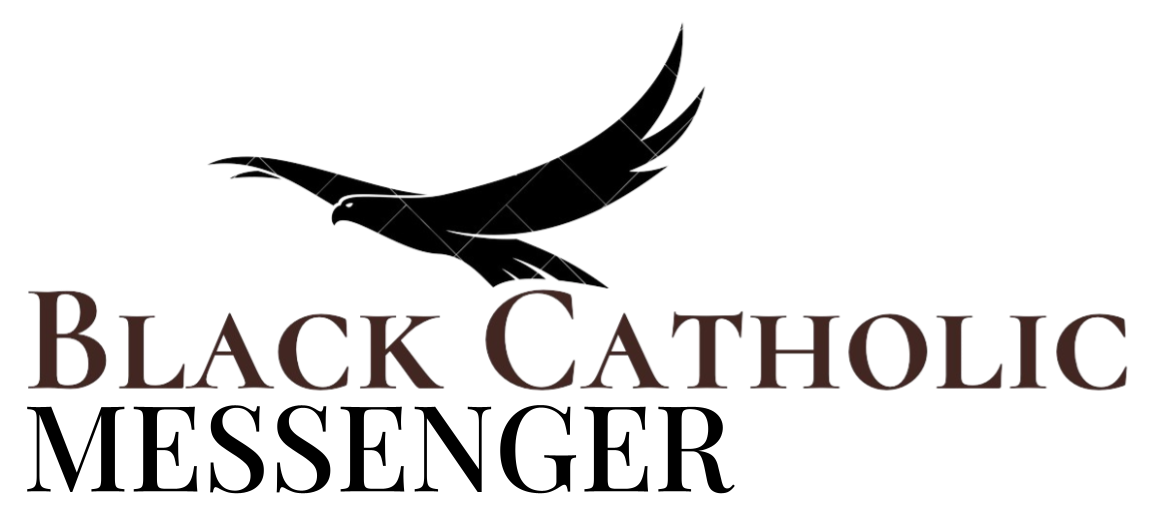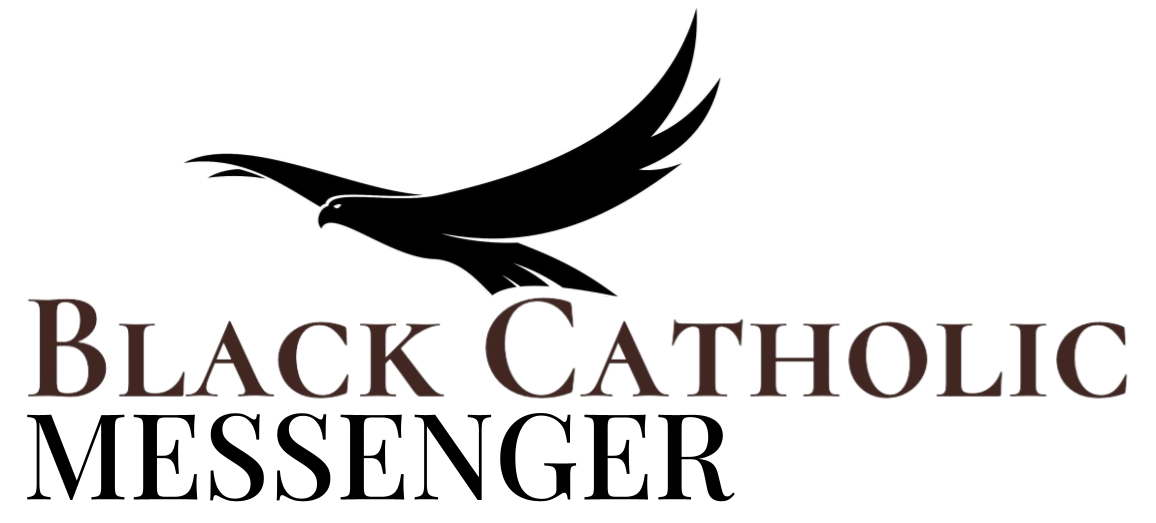Chris Ellis Jr. is a Washington native whose experience as a Catholic began at Holy Comforter-Saint Cyprian Church, where he was raised in the African-American tradition. At the age of 37, he is now in the final stages of formation for the permanent diaconate in the Diocese of Trenton, where he is an attorney and one of a select few young Black Catholics pursuing ordained ministry.
A graduate of Rutgers Law School in New Jersey, he completed a master’s in theology from Seton Hall this spring, the last academic step in his journey toward becoming a deacon. He spoke with Black Catholic Messenger on his journey, and how the call of ministry has merged with his vocation to family and to legal practice.
“I had always thought since graduating college, what can I do in the Church?” he said, noting that he was committed to starting a family but also felt a higher calling.
“I just had a feeling [that[ here was something more I was called to do… I felt that call to be a deacon.”
The permanent diaconate, restored in the Catholic Church after the Second Vatican Council in the 1960s, is open to men 35 or older and involves a formation process including academic studies and spiritual formation. Unlike the priesthood in most of the Latin/Western Church, it is also available to men who are married—though one’s wife must give full consent to the endeavor.
Ellis said the journey with his family—he is the father of two young daughters—has not been without its bumps, and that his wife’s support has been crucial.
“But for the grace of God, we got through this,” he said. “I think I’m the youngest in my group and I’m the one with the youngest children.”
The permanent diaconate is most often pursued by older men, many of whom are retired or in the late stages of their career, A recent study showed that the vast majority of active Catholic deacons in the United States are older than 60. The same study, based on data from 2023, found that over 70% of them are White.
Originally, the push for the permanent diaconate in the United States was spearheaded by the Josephites, a religious community serving African Americans—a demographic locked out of ordained ministry for centuries due to prevailing anti-Black racism throughout the U.S. Catholic Church.
After the Vatican approved a proposal from the U.S. bishops, many of the first men to answer the call were African Americans. That dynamic has shifted in the decades since, with only 3% of active permanent deacons in recent years being Black.
Asked how the Church can inspire more men from that demographic to answer the call to ordained ministry and religious life, Ellis said the Church must emphasize diversity and be aware of the cultural differences present in the Black Catholic community.
“Some people in the Church may not necessarily appreciate the way we worship,” he said, noting that an emphasis on one conception of “reverence” can exclude Black spirituality and prevent people from seeing their own culture as welcome in Catholic spaces.
“Growing up, I felt very reverent in my Church. We always had drums and bass and an organ and a piano and a large choir… That’s the beauty of the church. We have the same liturgy, but the liturgy gives you enough room to incorporate cultural differences.”
As a cradle Black Catholic who has embraced his own culture and answered the call, Ellis says the need to pray for more vocations is stark. He added that a commitment to spiritual enrichment internally can lead to more robust outreach and a potential sea change in how people see their place in the Church.
“If we properly evangelize, properly catechize, and if we pray for that, I think we will definitely get support from the faithful and then more vocations.”
To hear the full conversation with Chris, listen at the link below or find the Black Catholic Messenger show on your favorite podcast platform.

Nate Tinner-Williams is co-founder and editor of Black Catholic Messenger.











